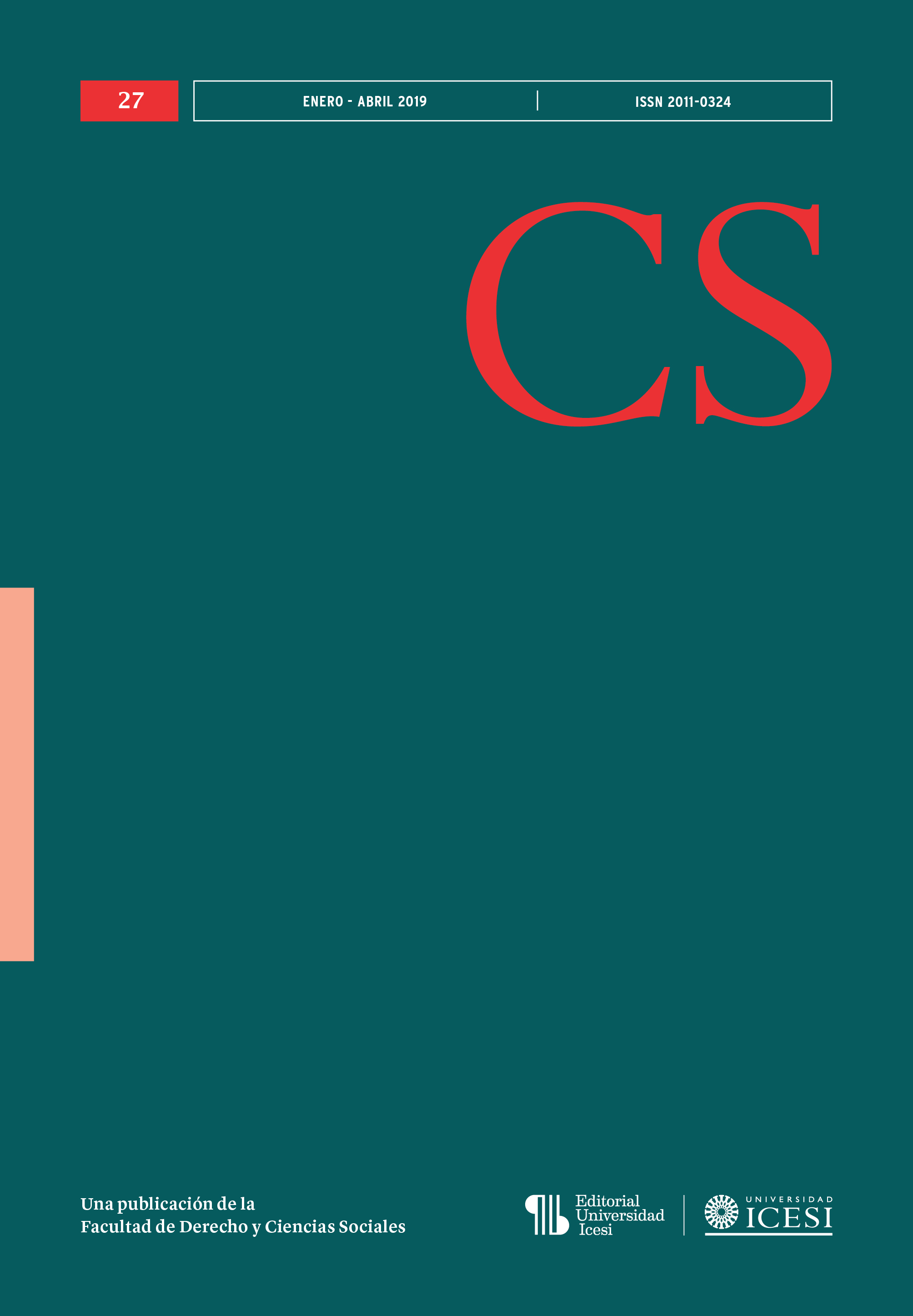Confissão e autenticidade no discurso populista de hoje
DOI:
https://doi.org/10.18046/recs.i27.3435Palavras-chave:
populismo, autneticidades, veridicção, Foucault, AdornoResumo
As formas de populismo político que estão florescendo em todo o mundo, nas versões de extrema-direita, mas também nas versões de esquerda, são frequentemente consideradas como ignorância, falsas notícias demagogia. No entanto, tais analises geralmente focam-se no conteúdo das reivindicações dos líderes populistas, sem prestar atenção ás formas de «veridicção» e ás práticas éticas que constituem o «populismo». Este artigo utiliza algumas ferramentas teóricas das várias obras de Foucault sobre «veridicção» e verdade, e também da crítica de Adorno ao existencialismo, para tentar entender as formas técnicas que constituem líderes populistas como «autênticos», e, assim, tão perto das pessoas e não contaminado por instituições desacreditadas. A autenticidade é criada através de formas muito específicas de dizer-a-verdade, como mostra o exemplo do falecido prefeito de Toronto, Rob Ford.
Downloads
Referências
Adorno, T. (1973). The Jargon of Authenticity. Evanston: Northwestern University Press.
Comaroff, J. L. y Comaroff, J. (2009). Ethnicity, Inc. Chicago: The University of Chicago Press.
Doolittle, R. (2014). Crazy Town: the Rob Ford Story. Toronto: Penguin.
Foucault, M. (1986). La verdad y las formas jurídicas. Barcelona: Gedisa.
Foucault, M. (2000). Truth and Juridical Forms. In J. Faubion (ed.), The Essential Works of Michel Foucault. Vol. III. New York: New Press.
Foucault, M. (2001). Fearless Speech, ed. Joseph Pearson. Los Angeles: Semiotext(e).
Foucault, M. (2014). Wrong-doing, Truth-telling: the Function of Avowal in Justice, ed. Bernard Harcourt and Fabienne Brion. Chicago: The University of Chicago Press/Presses Universitaires de Louvain.
Foucault, M. (2017). Discurso y verdad. Madrid: Siglo XXI.
Latour, B. (1999). Pandora’s Hope. Essays on the Reality of Science Studies. Cambridge, MA: Harvard University Press.
Latour, B. (2004). Politics of Nature: How to Bring the Sciences into Democracy. Cambridge, MA: Harvard University Press.
Rose, N. (1989). Governing the Soul: the Shaping of the Private Self. London: Routledge and Kegan Paul.
Rose, N. (1999). Powers of Freedom: Reframing Political Thought. Cambridge: Cambridge University Press.
Valverde, M. (1998). Diseases of the Will: Alcohol and the Dilemmas of Freedom. Cambridge: Cambridge University Press.
Valverde, M. (2003). Law’s Dream of a Common Knowledge. Princeton: Princeton University Press.
Valverde, M. (2008). The Ethic of Diversity: Local Law and the Negotiation of Urban Norms. Law and Social Inquiry, 33(4), 895-924.
Valverde, M. (2012). Everyday Law on the Street: City Governance in an Age of Diversity. Chicago: University of Chicago Press.
Zizek, S. (1991). For They Know Not What They Do: Enjoyment as a Political Factor. London: Verso.
Downloads
Publicado
Edição
Seção
Licença
Copyright (c) 2019 Mariana Valverde

Este trabalho está licenciado sob uma licença Creative Commons Attribution-NonCommercial 4.0 International License.
© Direitos autorais reservados
O material desta publicação pode ser reproduzido sem autorização, desde que o título, o autor e a fonte institucional sejam citados.
O conteúdo publicado na Revista CS é distribuído sob a licença Creative Commons BY-NC 4.0 Attribution/Attribution-NonCommercial 4.0 International.
Você tem o direito de:
Compartilhar — copiar e redistribuir o material em qualquer suporte ou formato.
Adaptar — remixar, transformar, e criar a partir do material.
De acordo com os termos seguintes:
Atribuição — Você deve dar o crédito apropriado , prover um link para a licença e indicar se mudanças foram feitas . Você deve fazê-lo em qualquer circunstância razoável, mas de nenhuma maneira que sugira que o licenciante apoia você ou o seu uso.
NãoComercial — Você não pode usar o material para fins comerciais.











